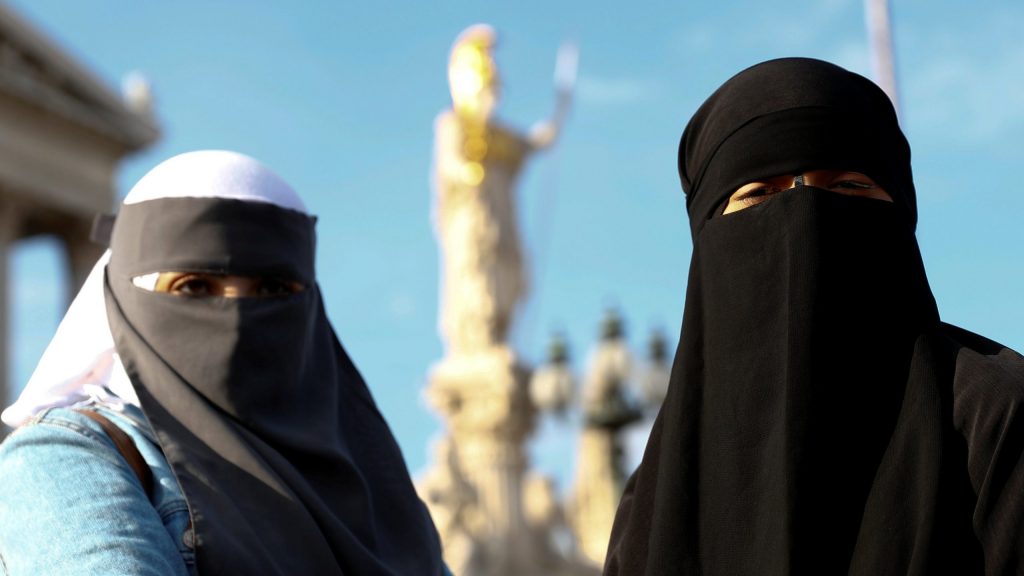Switzerland's Catholic Church has joined other religious groups in opposing a proposed ban on Muslim head coverings, arguing it would "disproportionately" restrict religious freedom.
The statement was published on the bishops' conference website amid preparations for a March 7 referendum on a law to ban "covering the face in public," introduced by members of the center-right Swiss People's Party.
The bishops said freedom "to choose and shape ways of life, lifestyles and orientations" was a core value of Switzerland's liberal democracy, adding that religious leaders would reject "all ideologically and sociopolitically motivated attempts" to interfere with constitutionally protected religious expressions.
"Covering the body due to religious conviction ... constitutes an external symbol of worshipping God," the bishops' conference said in a joint statement with the Swiss Council of Religions. The statement also was signed by Protestant, Orthodox, Muslim and Jewish leaders.
The government, headed by chancellor Walter Thurnherr, has previously argued rules on head covering should be left to the country's 26 cantons, of which St. Gallen and Ticino already ban the burqa, the all-covering dress worn by some Muslim women.
A ban on Muslim minarets, also introduced by the Swiss People's Party, was voted through in a 2009 referendum.
The church and religious leaders said "prescriptions on covering face and body" differed among religious communities, but generally expressed "traditional views on gender that have been increasingly rejected throughout the Western world."
However, they added that the burqa was worn by very few Muslim women in Switzerland, who would face "two conflicting forms of pressure: the religious requirement to cover the face and compulsion exerted by the state to refrain."
"The concealment of female identity in the public sphere is frequently viewed as expressing gender inequality. This perception is not, however, shared by all women concerned," the statement said.
"This initiative claims to have public security as a goal. In reality, it is directed toward an exceedingly small minority of the population and does not resolve any problems."
The religious leaders said the Swiss government's counterproposal, requiring faces to be revealed for official identification, appeared "reasonable and proportionate."
The burqa and other head coverings were banned in France and Belgium in 2001, and in Bulgaria, Austria, Denmark and parts of Spain between 2017 and 2018.
Although the Netherlands became the latest to impose a ban in August 2019, with fines and potential jail terms, human rights groups have argued prohibitions are unworkable and violate religious freedom, while police and transport companies often have been unwilling to enforce them.

